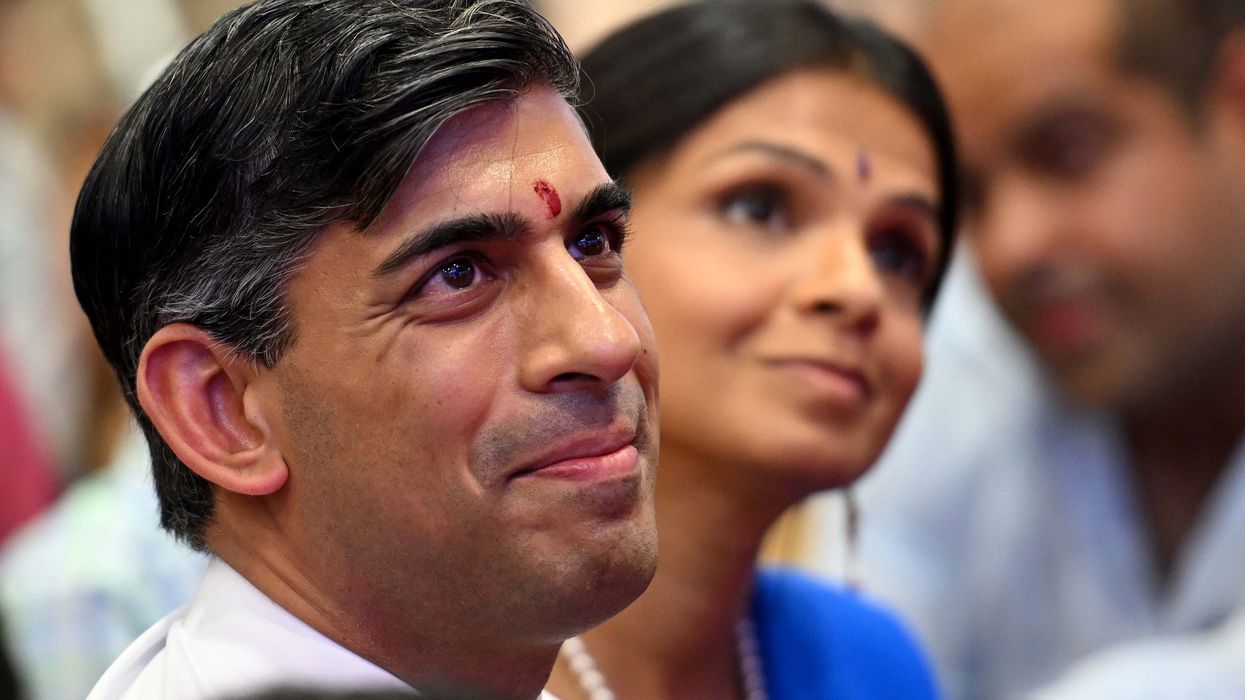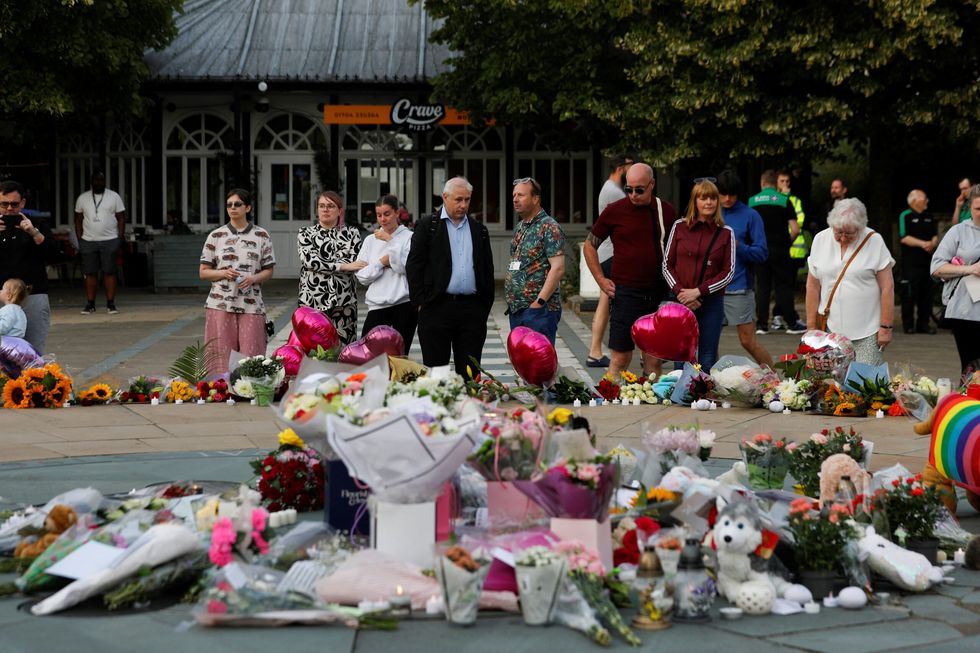UK's inflation rose to 2.6 per cent in November, surpassing the Bank of England's (BoE) target of 2.0 per cent, according to official data released on Wednesday.
The figure, the highest since March, aligns with economists’ predictions in a Reuters poll.
The increase was broad-based but driven primarily by transport costs, including higher prices for petrol and car purchases. Smaller rises in airfares and the cost of eating out partly offset these pressures.
On a monthly basis, the Consumer Prices Index (CPI) increased by 0.1 per cent in November compared to a 0.2 per cent decline in the same period last year, the Office for National Statistics (ONS) reported. Core CPI, which excludes energy, food, alcohol, and tobacco, rose to 3.5 per cent in November from 3.3 per cent in October.
Martin Sartorius, principal economist at the Confederation of British Industry, said, "Another consecutive monthly rise in inflation, reaching its highest level since March, underscores the persistent price pressures within the UK economy."
Services inflation, a key indicator of domestically generated price pressures, remained steady at 5.0 per cent in November, unchanged from October. The BoE had predicted it would dip to 4.9 per cent, while economists polled by Reuters had expected a slight increase to 5.1 per cent.
The BoE, which is set to decide on interest rates on Thursday, is unlikely to announce a cut after the December meeting. The central bank had forecast a November inflation rate of 2.4 per cent in its projections six weeks ago.
Paul Dales, chief UK economist at Capital Economics, commented, "The further rebound in CPI inflation... could have been worse. But coming on the back of the stronger-than-expected rebound in wage growth in yesterday's release, there is almost no chance of the Bank of England delivering an early Christmas present with another interest rate cut tomorrow."
Sterling briefly edged down against the dollar following the release of the data.
The BoE, concerned about persistently strong wage growth, has indicated it will proceed cautiously with future rate cuts.
Economists have predicted that consumer price inflation could reach 3 per cent in 2025.
(With inputs from agencies)






 Former prime minister Rishi Sunak with his wife Akshata Murty (left), their children Anoushka and Krishna and his mother-in-law Sudha Murty (second from left) are pictured during their visit to the Taj Mahal in Agra last month
Former prime minister Rishi Sunak with his wife Akshata Murty (left), their children Anoushka and Krishna and his mother-in-law Sudha Murty (second from left) are pictured during their visit to the Taj Mahal in Agra last month











 Sara Sharif. (Photo: Surrey Police)
Sara Sharif. (Photo: Surrey Police)
 FILE PHOTO: Floral tributes are laid following a vigil for the victims of the knife attack in Southport, Britain July 30, 2024. REUTERS/Temilade Adelaja
FILE PHOTO: Floral tributes are laid following a vigil for the victims of the knife attack in Southport, Britain July 30, 2024. REUTERS/Temilade Adelaja
